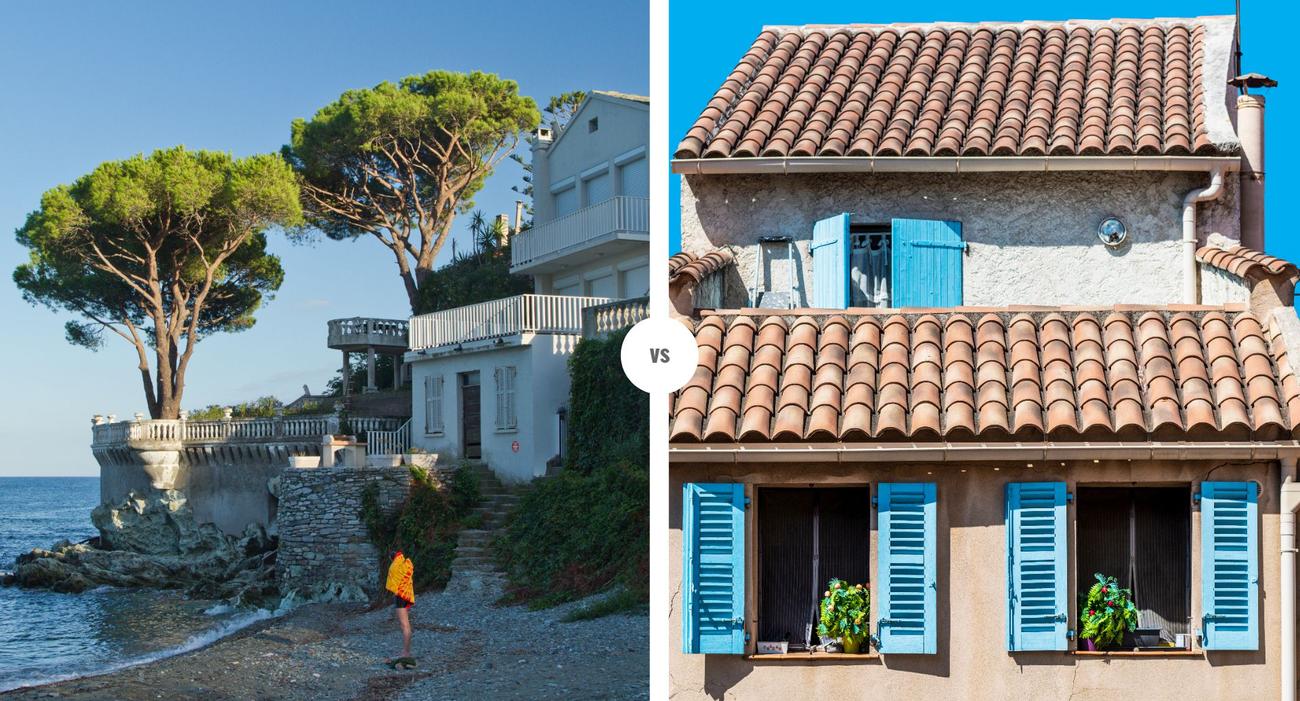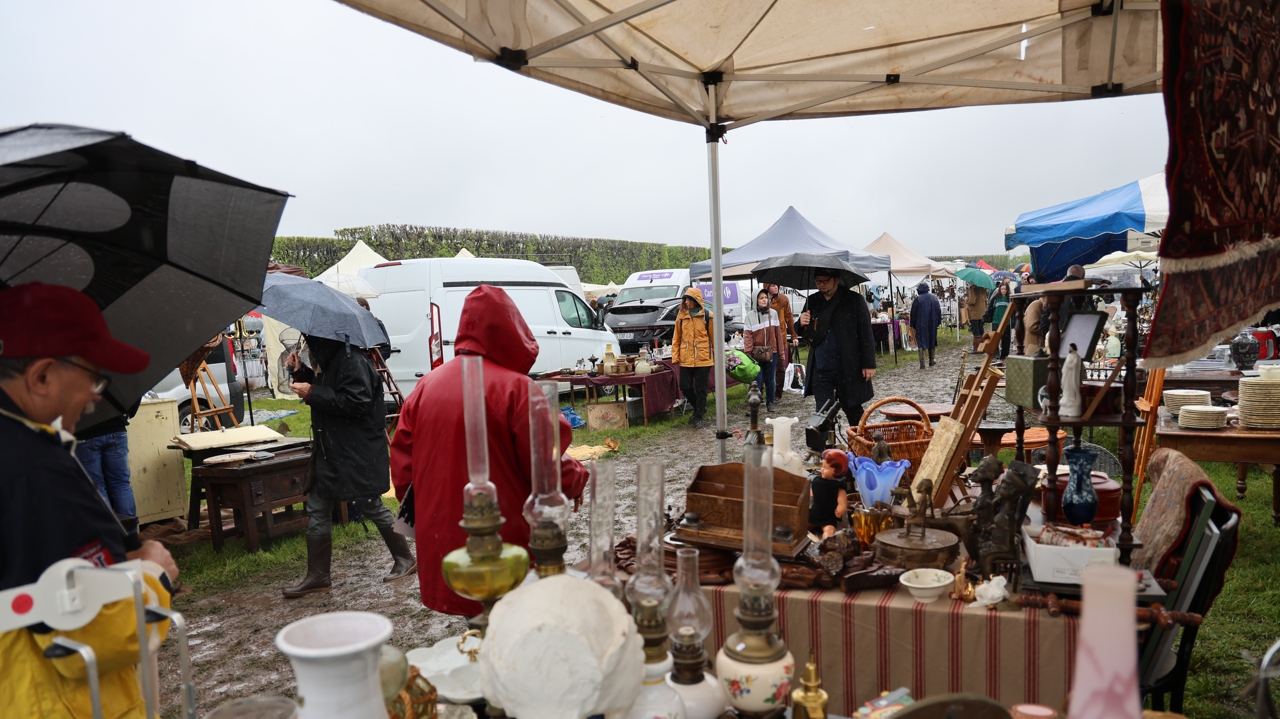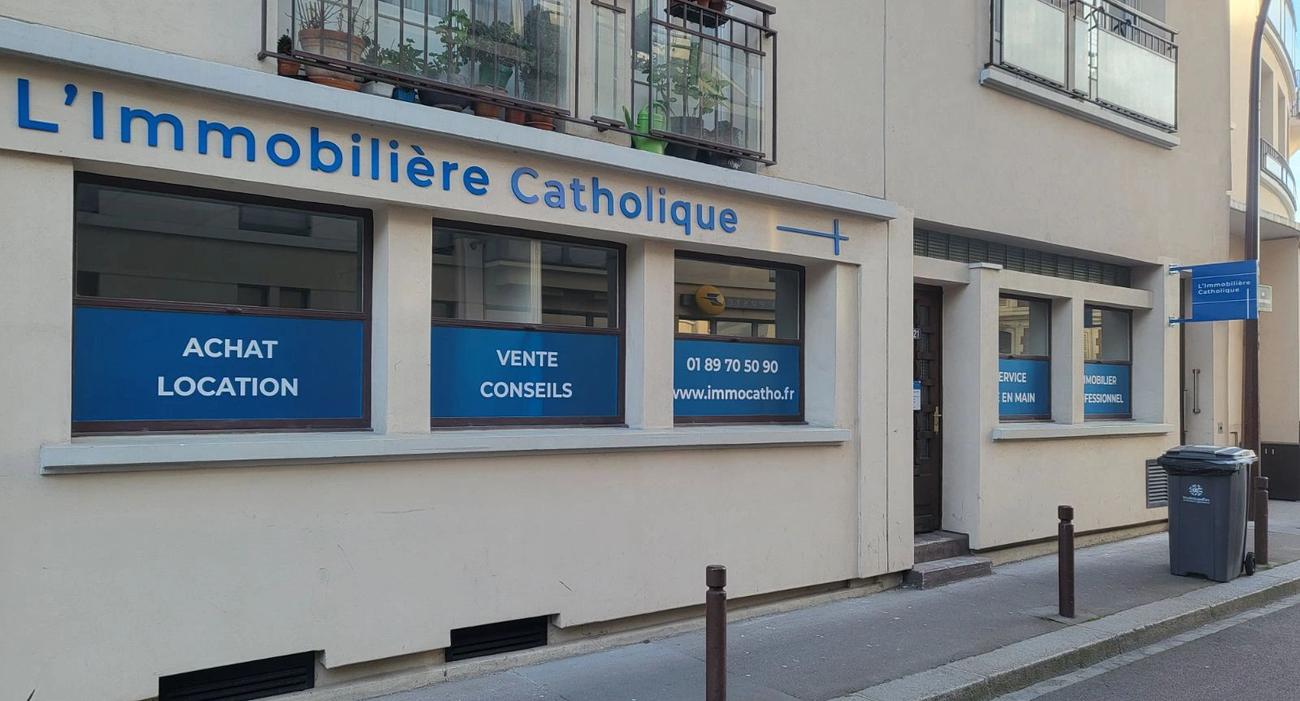“Individual sells a house of 158 m² in Cap Corse with a breathtaking view, a swimming pool, three bedrooms, a large living room with an integrated kitchen of 77 square meters, a beautiful terrace of 200 square meters, worth 850,000 euros (compared to) a house of 100 for 130 m² with three bedrooms, an unobstructed plot and a small pool in Bouches-du-Rhône, worth €550,000 to €700,000», We can read on the website Echange-Immo.fr. Advertising that looks like barter and is legal. This is a definitive exchange of houses between individuals. This device is not new, as it has been allowed in the Civil Code since 1804, but it is little known.
What does this device consist of? “The principle is simple, two owners definitively exchange their property», explains Echange-Immo.fr. It can be an apartment, a house, a building plot, a business or an agricultural property. A house in the provinces can be exchanged, for example, for an apartment in Paris. If two properties are of equal value, the transfer taxes (commonly called notary fees) are halved because they are to be shared by two owners. And they are paid only once, instead of being paid for selling an item and buying another. Transfer taxes are between 7% and 8%. In the case of exchanging two houses worth 200,000 euros each, the cost is 7,000 euros (7% of 200,000 euros divided by two), instead of 14,000 euros, a saving of 50%.
Avoid a bridging loan
If the two houses do not have the same value due to their different area or location, for example, one of the two owners must pay an amount – a “balance” – that compensates for the loss of value (equivalent to the difference in price between the two goods). Let’s take the example of a house for 150,000 euros and another for 200,000 euros. In the case of a “final exchange”, the buyer of the first property (and the buyer of the second) will pay only 7,000 euros in transfer tax instead of 14,000 euros for a classic transaction. That’s a 50% savings. On the contrary, the buyer of the second property (and the buyer of the first) will certainly also pay 7,000 euros in transfer tax according to the principle of definitive exchange, compared to 10,500 euros for a traditional sale. But he will also have to pay the balance of €50,000, which is not necessarily payable in hard currency. It can take the form, for example, of moving furniture or household appliances.
Platforms connect owners, but you can also find another owner yourself who wants to trade their home for yours. In all cases, you will have to go to a notary, but you will not have to pay any fees to a real estate agency, which promises great savings.
Please note that the scheme is not aimed at first time buyers as you must be able to trade your property for another. It can be aimed at people who cannot get a loan to buy their future home or those who cannot sell their property and want to avoid a bridging loan. Or to older people who want smaller accommodation. Some black points must be highlighted: all loans and mortgages must be paid off before the final exchange. Moreover, in the case of a house, the system is relatively simple, but in the case of co-ownership, the definitive exchange can only be confirmed after obtaining the consent of all co-owners. It is also necessary to reconcile the wishes of the two owners.




